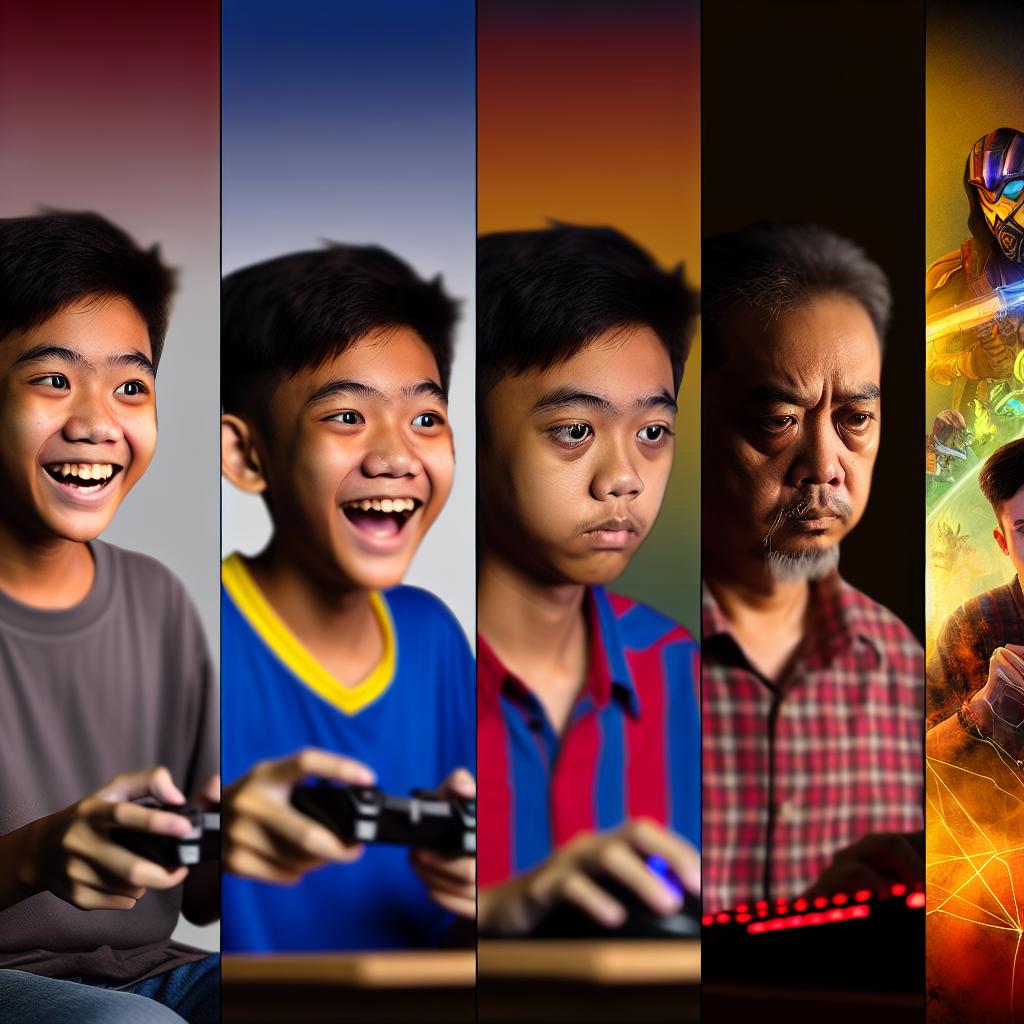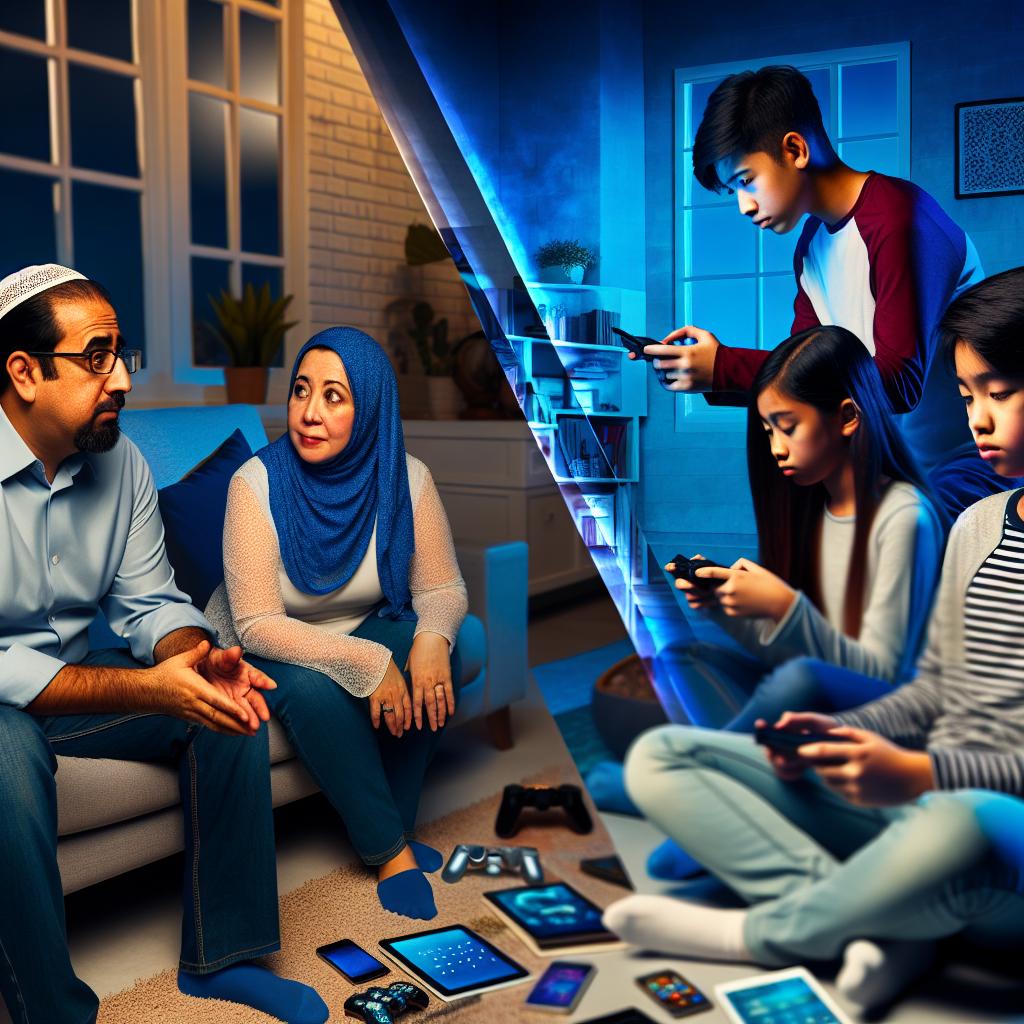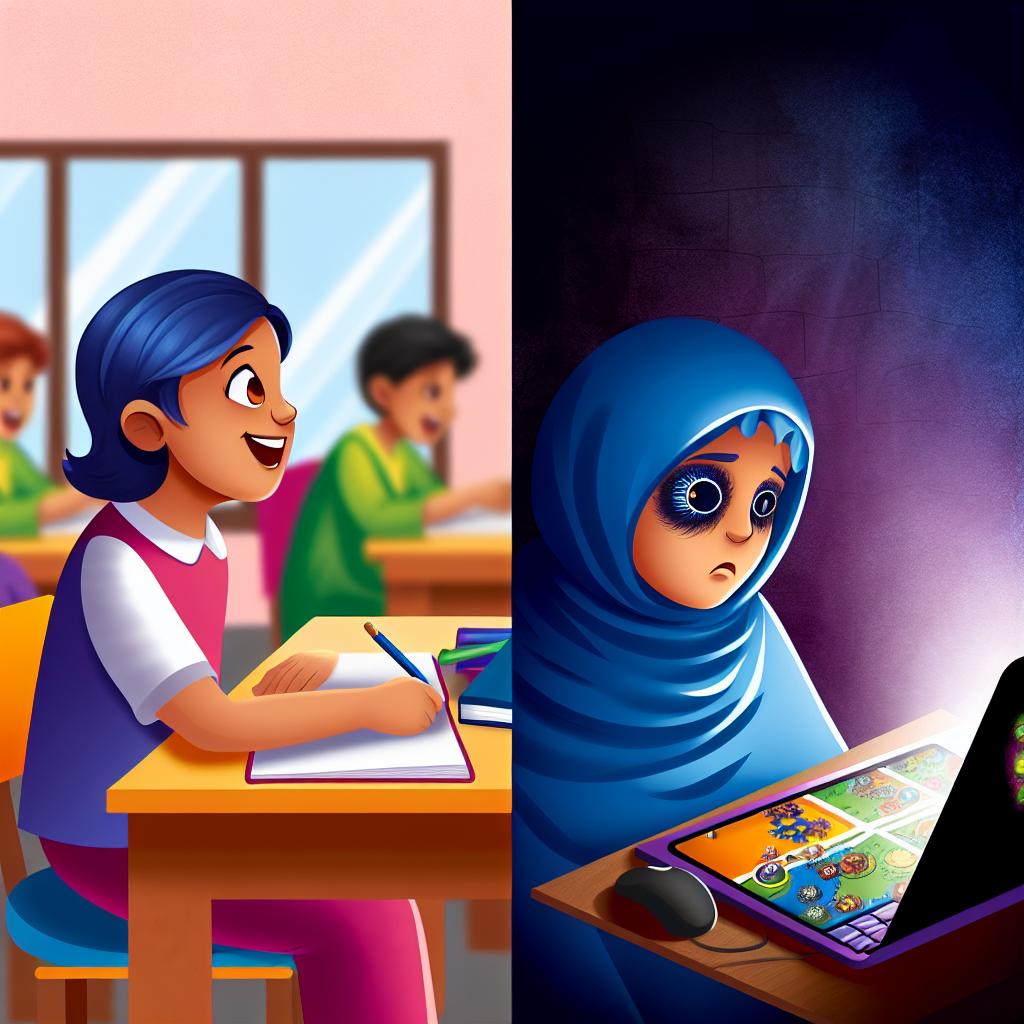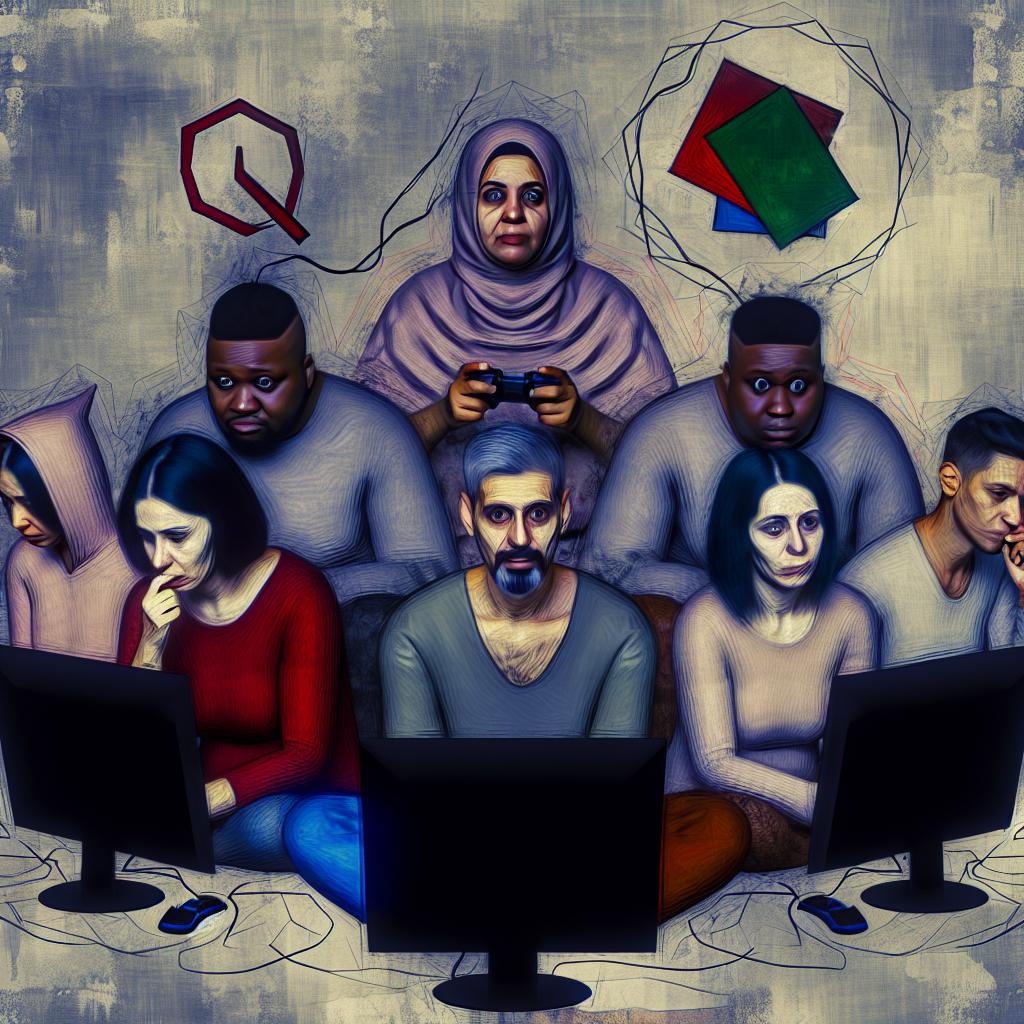Introduction to Microtransactions and In-Game Purchases
Microtransactions and in-game purchases have become a central revenue model in the gaming industry. These systems enable players to acquire virtual goods with real money, ranging from cosmetic items that alter a game’s aesthetic to gameplay enhancements that affect performance. The introduction of these systems has profoundly influenced the economic landscape of gaming, having significant effects on both developers and consumers.
Understanding the Economic Model
Microtransactions are commonly integrated into games either offered for free or available at a low initial purchase price. This model involves providing access to the game at a reduced cost or no cost at all, subsequently recouping revenue through in-game spending. This approach ensures developers have a continuous stream of income beyond the initial game sale, making it especially effective in massively multiplayer online (MMO) games and mobile games, which thrive on sustained user engagement and activity.
Impact on Game Design and Revenue
The integration of microtransactions has had a notable impact on how games are designed. Developers create games with strategies that encourage players to make purchases. Notably, there are several design elements that aim to increase player spending:
Exclusive Content: Developers often offer exclusive items or in-game advantages that enhance the gaming experience, presenting a compelling reason for players to spend money.
Freemium Model: This involves providing basic gameplay features for free but allows players to purchase options that enhance or accelerate their progress, making spending an attractive prospect for many players.
Read more about how game design is influenced by microtransactions.
Consumer Behavior and Spending
Microtransactions can lead to diverse consumer spending patterns. Some players may engage with the game by making small, infrequent purchases. In contrast, others may participate in “whale spending,” where a small segment of users accounts for the vast majority of in-game purchases. This spending behavior creates a substantial revenue stream for game developers, often enabling significant profits from a relatively small number of users.
Potential Financial Risks for Consumers
While microtransactions offer lucrative revenue opportunities for game developers, they can also create financial challenges for consumers, particularly when not managed properly. Players may end up spending more than intended due to factors such as:
Impulse Purchases: The instant gratification from purchasing digital goods can tempt players into making impulsive decisions without fully considering their long-term financial commitments.
Addictive Mechanics: Game developers often employ gamified purchasing mechanics, such as loot boxes, which can lead to repetitive spending habits among players.
Regulations and Consumer Protection
Public concerns over microtransactions have sparked discussions about the need for regulation, focusing on ensuring transparency and consumer protection. In response, some countries have enacted legislation that mandates clear disclosure of the costs associated with in-game purchases and the mechanics through which these purchases are made.
Explore how microtransactions are being regulated worldwide.
Conclusion
Microtransactions and in-game purchases continue to transform the financial paradigms within the gaming industry, presenting both a host of opportunities and challenges. For game developers, these models promise a sustainable stream of revenue, whereas consumers must remain mindful of their spending habits to avoid financial pitfalls. As the gaming industry continues to evolve, finding the appropriate balance between monetization and consumer satisfaction remains a critical objective.










